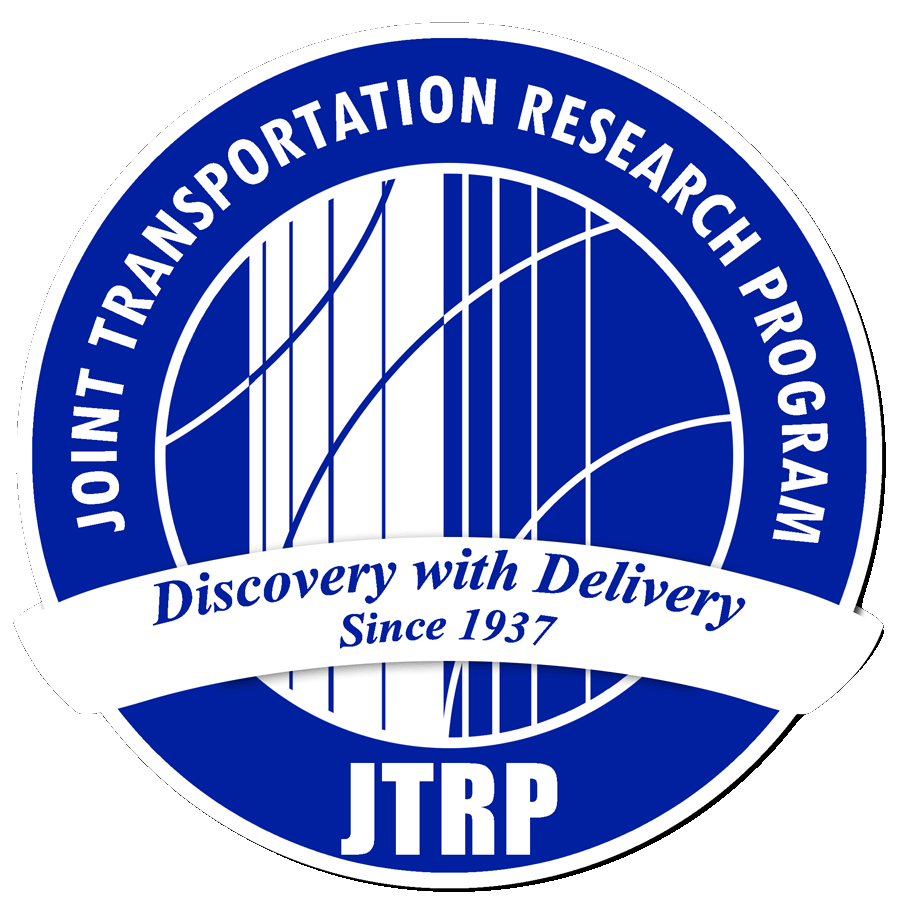Abstract
Right-turn lane (RTL) crashes are among the most key contributors to intersection crashes in the US. Different right turn lanes based on their design, traffic volume, and location have varying levels of crash risk. Therefore, engineers and researchers have been looking for alternative ways to improve the safety and operations for right-turn traffic. This study investigates the traffic safety performance of the RTL in Indiana state based on multi-sources, including official crash reports, official database, and field study. To understand the RTL crashes' influencing factors, we introduce a random effect negative binomial model and log-linear model to estimate the impact of influencing factors on the crash frequency and severity and adopt the robustness test to verify the reliability of estimations. In addition to the environmental factors, spatial and temporal factors, intersection, and RTL geometric factors, we propose build environment factors such as the RTL geometrics and intersection characteristics to address the endogeneity issues, which is rarely addressed in the accident-related research literature. Last, we develop a case study with the help of the Indiana Department of Transportation (INDOT). The empirical analyses indicate that RTL crash frequency and severity is mainly influenced by turn radius, traffic control, and other intersection related factors such as right-turn type and speed limit, channelized type, and AADT, acceleration lane and AADT. In particular, the effects of these factors are different among counties and right turn lane roadway types.
Keywords
right-turn lane geometric design, safety performance, crash frequency, crash severity, statistical modeling
Report Number
FHWA/IN/JTRP-2020/26
SPR Number
4218
Sponsoring Organization
Indiana Department of Transportation
Performing Organization
Joint Transportation Research Program
Publisher Place
West Lafayette, IN
Date of Version
2020
DOI
10.5703/1288284317277
Recommended Citation
Ukkusuri, S., Ling, L., Le, T. V., & Zhang, W. (2020). Performance of right-turn lane designs at intersections (Joint Transportation Research Program Publication No. FHWA/IN/JTRP-2020/26). West Lafayette, IN: Purdue University. https://doi.org/10.5703/1288284317277


